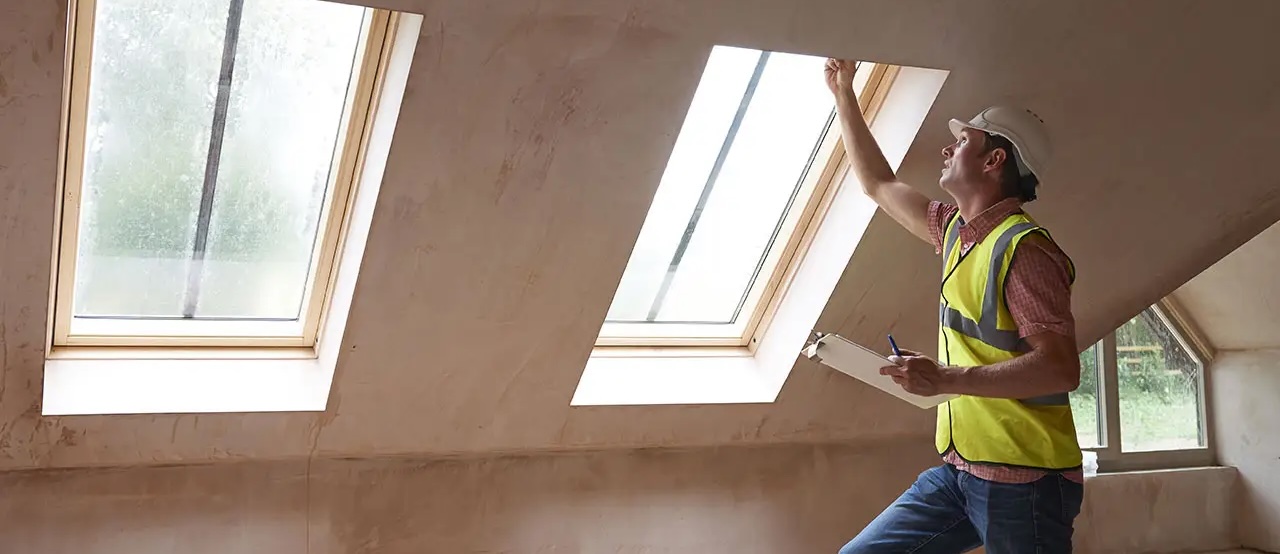When buying or selling a property with a septic system, a professional septic tank inspection is a critical step to ensure the system is functioning properly and complies with local regulations. These inspections provide peace of mind for both buyers and sellers, helping to avoid costly repairs, legal complications, or environmental issues. At A1 Septic Today, we specialize in comprehensive septic tank inspections tailored for real estate transactions, offering reliable service to homeowners in areas like Snohomish, Everett, and Monroe. Our certified professionals deliver detailed reports to support smooth property transfers while ensuring compliance with health and safety standards.
Why Buyers Need Septic Inspections
For buyers, a septic inspection is essential to make an informed decision about a property. Key benefits include:
- Verifying System Functionality: Ensures the septic system can handle the property’s wastewater needs without issues.
- Identifying Potential Problems: Detects leaks, blockages, or damage that could lead to expensive repairs, such as a failing drain field or cracked tank.
- Ensuring Regulatory Compliance: Confirms the system meets local health department standards, which is often required for real estate transactions or mortgage approvals.
- Protecting Your Investment: Avoids unexpected costs by revealing the system’s condition before purchase.
- Negotiation Power: If issues are found, buyers can negotiate with the seller for repairs or credits, ensuring they don’t inherit costly problems.
A thorough inspection can prevent surprises, such as a system failure shortly after moving in, which could cost thousands to repair or replace.
Why Sellers Need Septic Inspections
Sellers also benefit significantly from having their septic system inspected before listing a property. Key advantages include:
- Demonstrating System Reliability: A clean inspection report reassures buyers that the septic system is well-maintained, increasing buyer confidence.
- Enhancing Marketability: Properties with verified, functional septic systems are more attractive and may sell faster or at a higher price.
- Meeting Legal Obligations: Sellers are required to disclose known issues with the septic system. An inspection ensures transparency and helps avoid legal disputes after the sale.
- Facilitating Negotiations: If minor issues are identified, sellers can address them upfront or negotiate repair credits, making the property more appealing to buyers.
By proactively inspecting the system, sellers can streamline the sale process and build trust with potential buyers.
What A1 Septic Today Offers
At A1 Septic Today, we provide comprehensive septic tank inspections designed for real estate transactions. Our certified professionals, who meet Washington State and local health department standards, ensure a thorough evaluation of your septic system. Our services include:
- Locating and Inspecting Components: We identify the septic tank and drain field, checking for leaks, damage, or blockages.
- Assessing System Condition: We evaluate the system’s age, capacity, and remaining lifespan to ensure it meets the property’s needs.
- Ensuring Compliance: We verify that the system adheres to local health codes and regulations, which is critical for real estate transfers.
- Detailed Reporting: We provide clear, detailed reports that outline the system’s condition and any recommended maintenance or repairs, suitable for use in real estate transactions.
- Additional Services: We offer pumping, repairs, riser installations, and maintenance guidance to keep your system in optimal condition.
Our team uses advanced tools to locate tanks with minimal disruption to your property, ensuring a seamless and efficient inspection process.
The Inspection Process
A septic tank inspection with A1 Septic Today follows a structured process to ensure accuracy and reliability:
- Locating the Septic Tank: Using specialized equipment, we pinpoint the tank’s location without extensive digging, preserving your landscaping.
- Inspecting the Tank: We check the tank’s structural integrity, looking for cracks, leaks, or corrosion, and assess sludge and scum levels. In some cases, pumping may be recommended for a more accurate evaluation.
- Evaluating the Drain Field: We inspect the drain field for signs of saturation, blockages, or failure, ensuring it properly absorbs wastewater.
- Checking System Components: If the system includes pumps, filters, or other components, we verify their functionality.
- Providing a Detailed Report: You receive a comprehensive report detailing the system’s condition, including any issues and recommendations for maintenance or repairs.
The entire process typically takes a few hours, depending on the system’s complexity and accessibility, and is designed to provide clear, actionable insights for buyers and sellers.
The Inspection Process
A septic tank inspection with A1 Septic Today follows a structured process to ensure accuracy and reliability:
- Locating the Septic Tank: Using specialized equipment, we pinpoint the tank’s location without extensive digging, preserving your landscaping.
- Inspecting the Tank: We check the tank’s structural integrity, looking for cracks, leaks, or corrosion, and assess sludge and scum levels. In some cases, pumping may be recommended for a more accurate evaluation.
- Evaluating the Drain Field: We inspect the drain field for signs of saturation, blockages, or failure, ensuring it properly absorbs wastewater.
- Checking System Components: If the system includes pumps, filters, or other components, we verify their functionality.
- Providing a Detailed Report: You receive a comprehensive report detailing the system’s condition, including any issues and recommendations for maintenance or repairs.
The entire process typically takes a few hours, depending on the system’s complexity and accessibility, and is designed to provide clear, actionable insights for buyers and sellers.
Local Regulations and Compliance
Septic systems are subject to local health department regulations, which often mandate inspections during real estate transactions to protect public health and the environment. In areas like Snohomish County, where septic systems are common, compliance with these regulations is essential. For example, the Washington State Department of Health requires that septic inspectors and pumpers meet specific certification standards. Our team at A1 Septic Today is fully certified and knowledgeable about local requirements, ensuring your inspection meets all necessary standards.
Homeowners can also access resources like the Snohomish County Health Department’s Savvy Septic Program, which offers workshops, rebates, and maintenance tips to support septic system care. Checking your system’s records through the OnlineRME database can provide additional details about past inspections and maintenance.
Tips for a Smooth Inspection
To ensure a successful septic inspection, consider the following:
- Provide System Records: Share any available records, such as past inspections or pumping history, to help the inspector understand your system.
- Ensure Accessibility: Clear the area around the tank and drain field to facilitate the inspection process.
- Schedule Promptly: Arrange the inspection early in the real estate process to avoid delays in closing.
- Ask Questions: Discuss any concerns with our team to gain a clear understanding of your system’s condition.
These steps can help streamline the inspection and provide valuable insights for both buyers and sellers.

